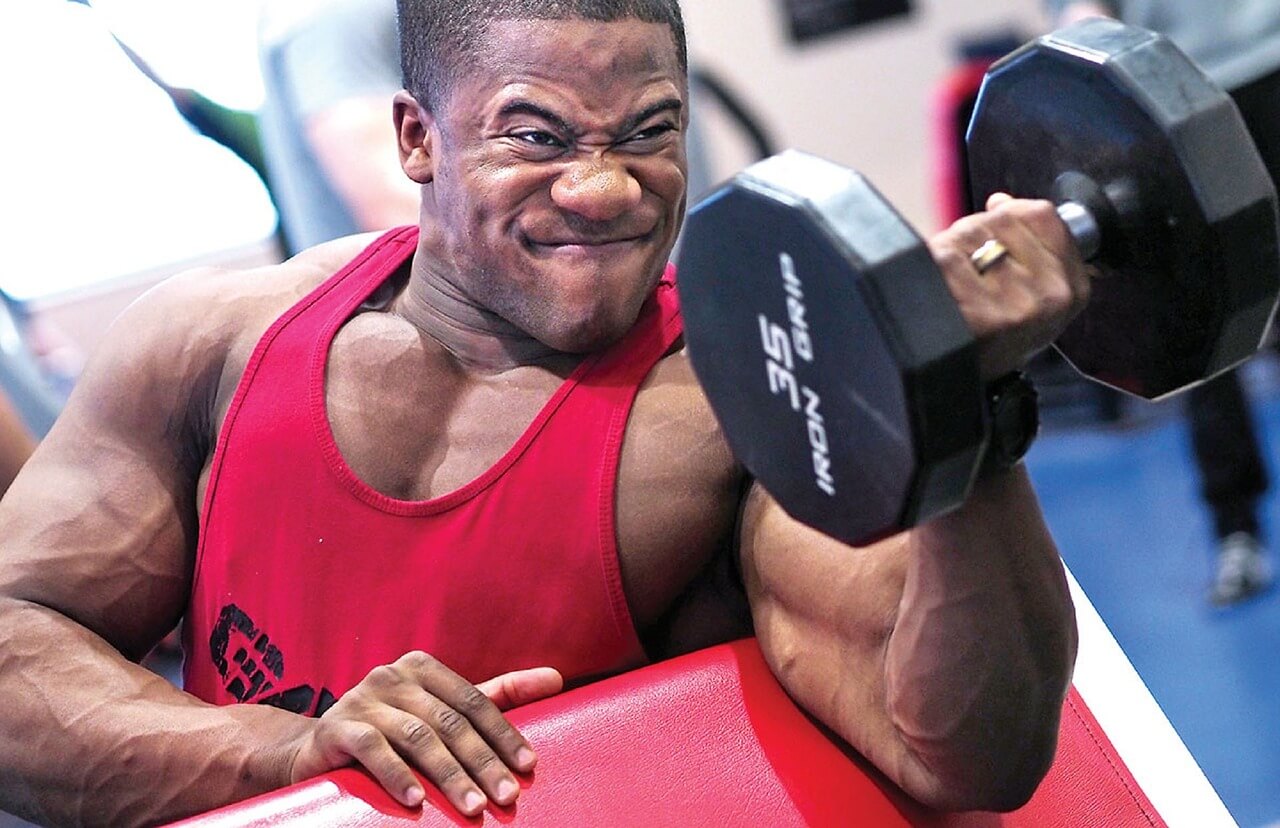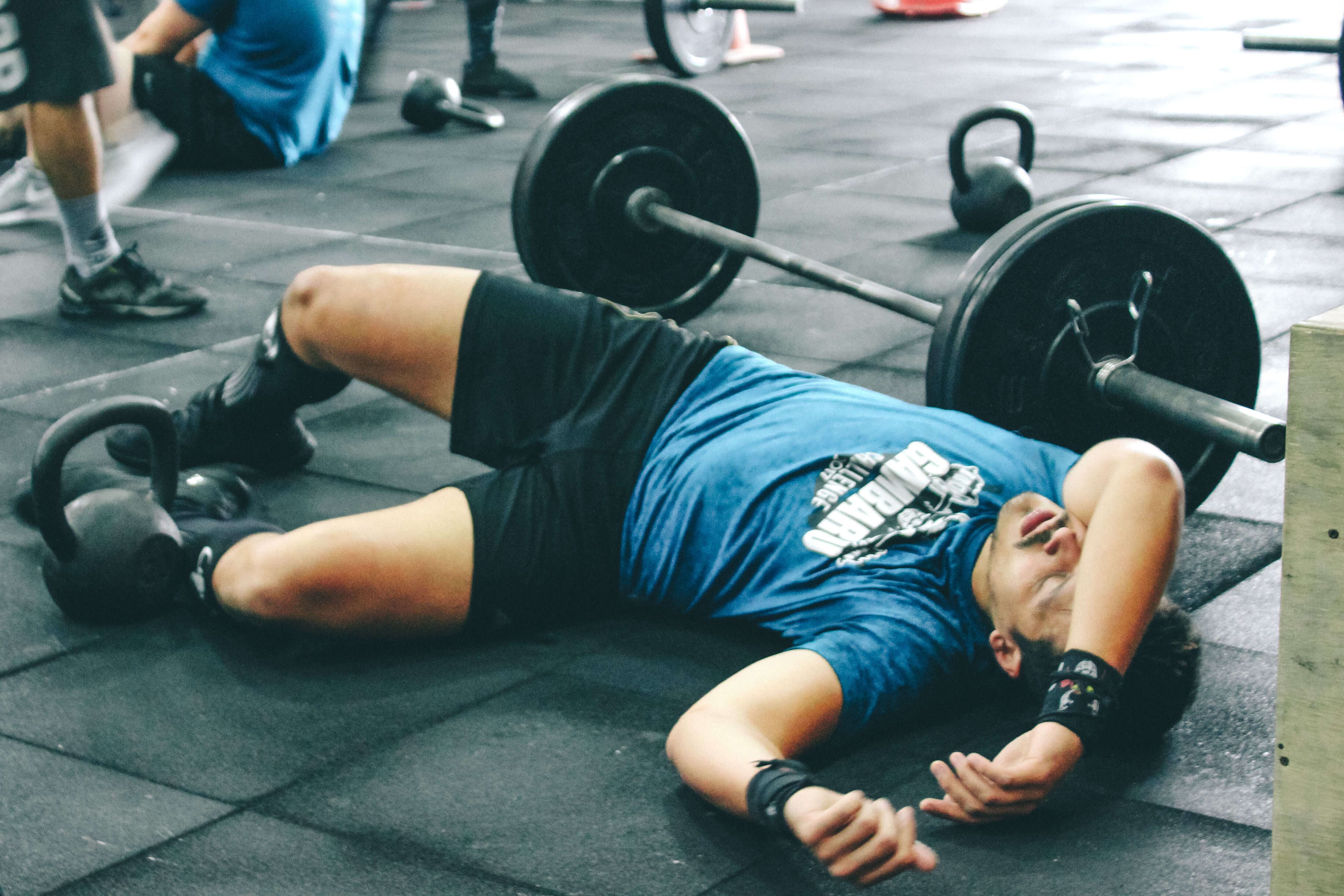How Hormones Affect Running Performance

The body undergoes several different changes during exercise. As much as non-runners may constantly tell their running friends how bad the sport is for the knees or heart, the fact is quite the opposite. Running produces an extraordinary amount of benefits to many of the bodily systems. From better heart health, to improved lung function and joint mobility, runners have an advantage towards a longer and more satisfying life.
Many of the benefits and changes that occur during training are straight forward, while others are harder to understand. The effect on the endocrine system is one of the more confusing topics for runners. The endocrine system is responsible for the secretion and regulation of the body’s hormones, which play a significant role in performance improvement.

It is useful for athletes to understand the function of different hormones in order to train properly and safely for endurance events. In many cases, too much information on the benefits of certain hormones has caused some athletes to go to extremes trying to increase the amount in their bodies.
From sleeping in high elevation to using performance-enhancing drugs—there are definitely many ways to ‘artificially’ raise hormone levels in the body, but with negative consequences, and possibly no beneficial outcomes.
The key to getting the most benefit from the endocrine system for running performance is the keep hormonal balance. When it comes to training, the most important hormones to pay attention to are growth hormone, insulin-like growth factor, cortisol, and testosterone.
Growth Hormone
The pituitary gland in our brains naturally secretes growth hormone in bursts, usually following stress, exercise, or trauma. Although the levels of this hormone vary throughout the day, it is usually increased during the night. Since growth hormone is responsible for the development of bones and cartilage, it makes sense that more of it is produced during childhood and adolescent years as opposed to adult years.
The role of growth hormone for runners, or any athlete for that matter, is to facilitate adaptation to exercise, which naturally occurs during rest and recovery periods. It stimulates protein production and helps the body utilize fat for energy, therefore helping runners last longer during endurance events. This is a commonly used performance-enhancing drug in the bodybuilding world as well, since it helps promote gains in size and strength.

Insulin-like Growth Factor
Insulin is produced by the pancreas and is responsible for storing glycogen and glucose in the body. During exercise insulin is suppressed to ensure that glycogen is used as fuel instead of for storage. Insulin-like growth factor has the same structure as insulin, except it is produced in the liver. This hormone works alongside growth hormone to help repair muscle damage caused by exercise. These factors make artificial supplementation attractive to athletes.
Although this hormone is considered a banned substance, many are still using it despite the significantly negative side effects. Since insulin-like growth factor contributes to muscle growth and repair, it has been linked to cell growth as well, allowing tumors to survive and possibly grow, increasing the risk of death from cancer.
Making sure to supply the body with adequate food, especially from animal proteins, is helpful in naturally maintaining a proper balance of this hormone.
Cortisol
You have probably heard of this hormone when reading or learning about stress and the “fight or flight” response. Cortisol is a hormone produced in the adrenal glands of the body. The natural response during any stressful situation is for these glands to secrete cortisol temporarily to keep our mental state more alert and our bodies ready for action.
Hard training puts the body under a type of stress that creates a similar response. The problem with cortisol is the negative effects from its prolonged elevated levels, which is common during overtraining. Too much cortisol breaks down muscle tissue and stores more fat in cells. This eventually leads to a decrease in performance.
One way to combat this imbalance is to include proper rest into training plans and avoid overtraining syndrome, which is recognizable by symptoms of exhaustion, poor performance, and irritability.

Testosterone
When it comes to running, testosterone is responsible for supporting the growth of muscles and aiding in recovery. Intense workouts, such as interval training or speed work can increase testosterone in the body leading to muscle mass gains and shorter recovery periods over time. Some sportsmen use supplements to increase testosterone levels.
Overtraining and prolonged running can decrease levels. Testosterone is another commonly used performance-enhancing drug by endurance athletes for the shorter recovery benefit and bodybuilders for the massive muscle gain benefit.
Negative side effects of high testosterone levels are numerous and include behavioral changes, increased risk of heart attack, impotence, and acne. Balancing testosterone levels to benefit your running naturally is as easy as mixing up your running plan and adding in high intensity sessions.
Check out Runnerclick’s Passionate Runner podcast episode on how hormones impact our running with Amy Stephens.

These four hormones are just a few of the many that are involved in running performance. As with any stressful situation, including trauma, injury, and personal tribulations, running increases and/or decreases the levels of hormones in the body. This response is a natural one. Understanding the effects of hormonal imbalance is important in order to learn ways to manage.
Artificially increasing hormone levels for the sake of performance improvement does give athletes an advantage, which is why these mechanisms are banned from sports. It is always best to naturally balance out hormone levels, instead of exaggerating the levels of some, in order to avoid harmful side effects.
Sources
Latest Articles
 Is Running on a Treadmill Easier Than Running Outside?Runners have their own preferences, whether it is treadmill running, running outside on the road, or exploring trails. So...
Is Running on a Treadmill Easier Than Running Outside?Runners have their own preferences, whether it is treadmill running, running outside on the road, or exploring trails. So... Is It OK to Use Trail Running Shoes on the Road?While trail running shoes can be used on roads, especially in situations where a runner encounters mixed terrains or pref...
Is It OK to Use Trail Running Shoes on the Road?While trail running shoes can be used on roads, especially in situations where a runner encounters mixed terrains or pref... How to Fix Sore Quads After Running?Rest, ice, gentle stretching, and over-the-counter pain relievers can help soothe sore quads after running. Also, ensure ...
How to Fix Sore Quads After Running?Rest, ice, gentle stretching, and over-the-counter pain relievers can help soothe sore quads after running. Also, ensure ... 10 Fruits With The Most Electrolytes to Replace Sports DrinksThese fruits are high in electrolytes such as potassium, magnesium, and calcium, essential for hydration, muscle function...
10 Fruits With The Most Electrolytes to Replace Sports DrinksThese fruits are high in electrolytes such as potassium, magnesium, and calcium, essential for hydration, muscle function...

